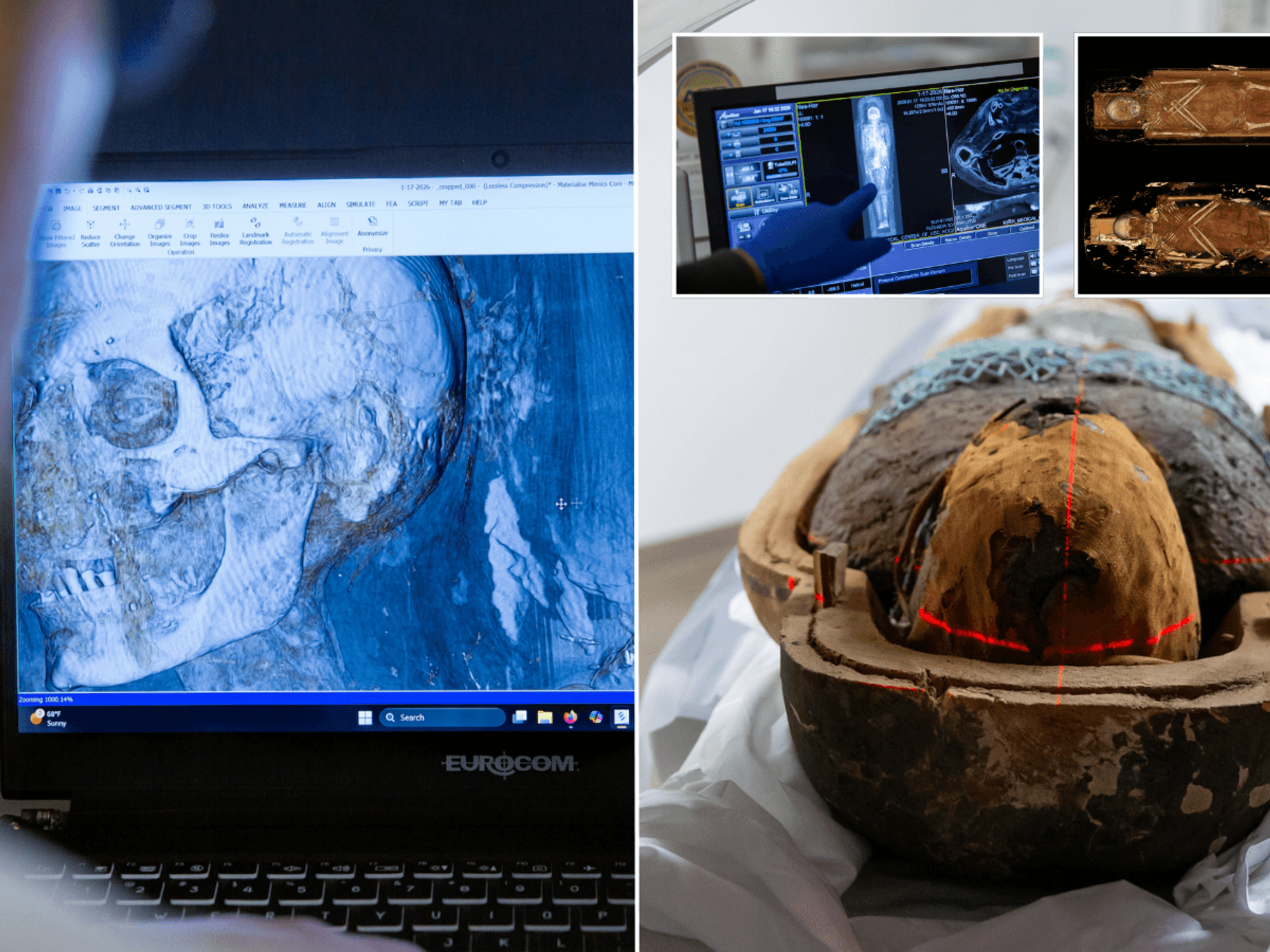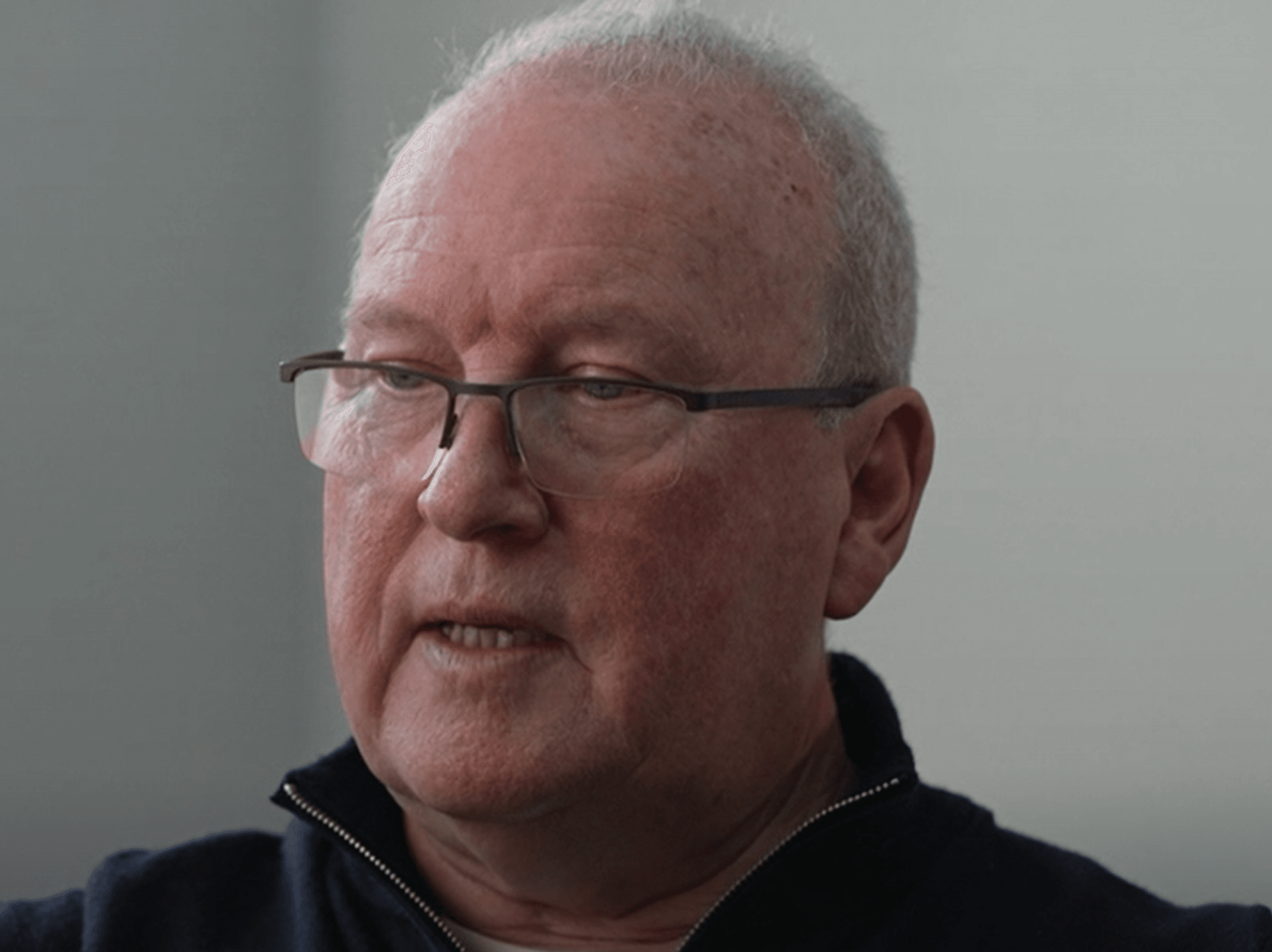Cancer warning as almost 60% fail to recognise key symptom of deadly disease in the throat

Gaps in public awareness of cancer symptoms can cause delays in diagnosis
Don't Miss
Most Read
New research has revealed troubling gaps in public understanding of cancer symptoms, with many unable to identify crucial warning signs that could lead to earlier diagnosis.
A comprehensive study in Jordan, using the validated Cancer Awareness Measure questionnaire, found that significant portions of the population fail to recognise key symptoms associated with various cancers.
The research highlights particular concern around symptoms that could indicate serious conditions, with recognition rates varying dramatically depending on the specific warning sign.
These findings underscore the critical need for improved public health education to enhance cancer awareness and potentially save lives through earlier detection and treatment.

Persistent difficulty swallowing was recognised by only 42.6 per cent of participants
|GETTY
The study assessed participants' ability to recognise common cancer symptoms, revealing that unexplained weight loss was the most widely identified warning sign, with 66.3 per cent of respondents correctly recognising it as a potential indicator of cancer.
However, persistent difficulty swallowing was recognised by only 42.6 per cent of participants, despite this symptom potentially indicating oesophageal or throat cancer.
Researchers noted: "The symptom 'unexplained weight loss' was most commonly recognised (66.3 per cent) and 'persistent difficulty swallowing' the least (42.6 per cent)."
The findings suggest that general symptoms tend to be better recognised than more specific warning signs, creating concerning gaps in public awareness that could delay diagnosis.
The research also examined public understanding of cancer risk factors, revealing significant disparities in awareness levels across different factors.
Smoking emerged as the most recognised risk factor, identified by 76.9 per cent of participants, whilst dietary and exercise-related factors showed alarmingly low recognition rates.
The experts added: "As for risk factors, 'smoking' was the most identified (76.9 per cent) and 'eating less than 5 portions of fruits and vegetables a day' was the least (19 per cent), and 'doing <30 minutes of moderate physical activity 5 times a week' as a close second least (19.95 percent)."
The study found notable gender differences, with females demonstrating better awareness of several risk factors including smoking, passive smoking, HPV infection and family history of cancer.
LATEST DEVELOPMENTS

These findings underscore the critical need to enhance cancer awareness
|GETTY
Economic status also influenced cancer awareness, with those in better financial circumstances 1.51 times more likely to recognise smoking as a risk factor compared to those with poor economic status.
The researchers emphasised the urgent need for comprehensive public health interventions, stating: "To enhance early diagnosis and presentation in Jordan, there is a need for increased public awareness of the signs, symptoms, and risk factors of cancer."
They recommended implementing targeted campaigns tailored to different demographic groups, particularly young people, to ensure health messages resonate effectively.
Such initiatives could prove crucial in addressing the knowledge gaps identified and potentially improving cancer outcomes through earlier detection and treatment.











